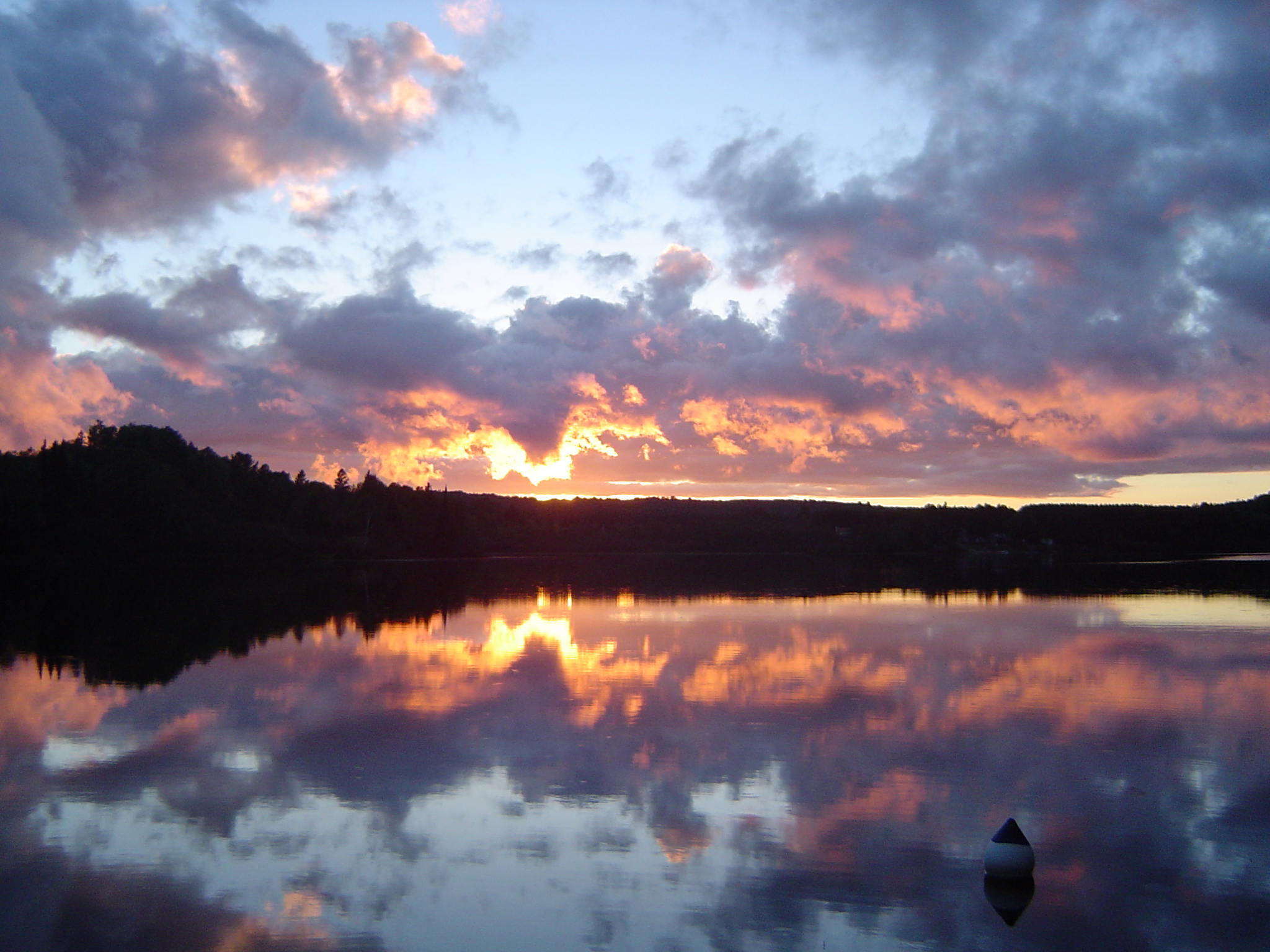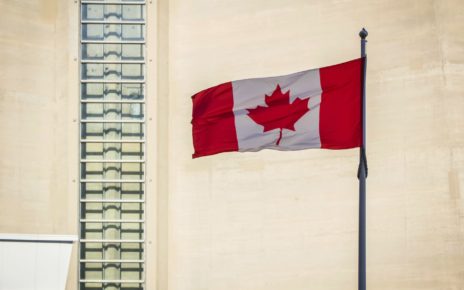Canada’s Algonquin people are no strangers to oppression. Despite their longstanding presence in Ontario, the vast majority of have never been formally recognized as ‘Indians’ by the Canadian federal government. In fact, the only federally recognized Algonquin peoples in Ontario are the Pikwàkanagàn. As a result, a large number of Algonquin people, whose ancestors have occupied the region for millennia, are not perceived as being Indigenous to Canada and are therefore disentitled to the benefits that other recognized Indigenous groups receive. Formal recognition of ‘Indian’ status can, however, be obtained through a land claims agreement. The purpose of the Algonquin land claim is to do exactly that, attain ‘Indian’ status for the Algonquin peoples in their entirety while reacquiring the territory that was unjustly taken from them.
Centuries prior to the arrival of Europeans in North America, numerous Algonquin tribes had been residing within the lands drained by the Ottawa River watershed, including lands situated on either side of the Ottawa River. According to the Algonquin, they have occupied this territory “since time immemorial.” Over the years, however, their populations were decimated by a deadly combination of European disease and tribal warfare against the neighbouring Iroquois to the south. By 1675, the Algonquins had been dispersed to the outer limits of the Ottawa River Valley and were replaced by a large influx of European settlers. Today, the Algonquin people have been left with a mere fraction of their sacred territory which, taken in its entirety, comprises 8.5 million acres, including the land that Parliament currently resides on.
In 1991, the Province of Ontario recognized the validity of Algonquin territorial rights for the first time. Following initial negotiations, the parties involved released an “Agreement-in-Principle” in December 2012 with instructions as to how a final negotiated settlement would take place. According to the Agreement-in-Principle, the Final Agreement will involve the transfer of over 200 parcels of “Settlement Lands” to the Algonquin in addition to a capital transfer of $300 million. This potential agreement has generated significant criticism in Canada, especially from hunters and fisherman who have been accessing Algonquin land for decades. Regardless, the Algonquin land claim is firmly within the boundaries of Canadian law.

To begin, the Algonquin have never been party to any treaty or land claim agreement with the Crown where they have ceded their Aboriginal rights or title. This can be proven by examining the Royal Proclamation, 1763 (written by King George III) which states that Canada’s aboriginal peoples “who live under our protection, should not be molested or disturbed in Parts of Our Dominions and territories as, not having been ceded to or purchased by Us, are reserved to them, or any of them, as their Hunting Grounds.” It goes on to state that the private purchase, settlement, or taking possession of any of these lands without special licence is forbidden and that if the aboriginals wish to dispose of their lands, they must be purchased at some public meeting or assembly. Considering that the Algonquin people have never formally relinquished their traditional territory to the Canadian Government, it remains legally in their possession.
Although Algonquin land was never ceded to the Canadian Government, the prospect of challenging the loss of their traditional territory in court has only recently become available. The 1973 decision in Calder v British Columbia (Attorney General) was the first of its kind to hold that aboriginal peoples have pre-existing title to the lands that they have historically occupied. Additional support was established in Guerin v The Queen where the court stated that the Canadian government has a fiduciary duty towards the country’s First Nations (as outlined by s. 18 of the Indian Act) and that aboriginal title to land was a ‘sui generis’ or pre-existing right.
Perhaps the most powerful recent case that lends legal support to the Algonquin land claim is Delgamuukw v British Columbia. Delgamuukw establishes that because the Algonquin had occupied the territory of the Ottawa River watershed prior to contact with Europeans, the continuity of their legal right to do so has never been broken, and at the time of Crown sovereignty, Algonquin tribes had been exclusively occupying the area, the Algonquin people therefore have a legal right to their traditional lands.

As demonstrated by the above, the Algonquin land claim is one that is extensively supported by reference to both statute and case law. As such, it will most likely be approved. Nevertheless, although the transfer of this territory can be seen as a positive result for the Algonquin, it may not necessarily be an entirely equitable one. According to the Ministry of Northern Development and Mines, 4.8 billion dollars’ worth of metals and 2.4 billion dollars worth of non-metals were extracted from Southern Ontario in 2005 alone. Considering this staggering figure of lost revenue, not even including that of the forestry, tourism, and waterpower generation industries, it could be argued that the Algonquin should receive a share of this as well.
In the end, the finalization of this agreement will have substantial implications for Canada. It will undoubtedly impact a number of non-aboriginal Canadians who are currently residing on Algonquin territory. After the Final Agreement is implemented, these individuals will have to negotiate directly with the Algonquin with regards to things like road and lake access. Furthermore, the resolution of the Algonquin land claim will establish an additional precedent though which similar claims, both in Canada and abroad, could be made. It is possible that this decision may influence other common law jurisdictions with ongoing aboriginal title negotiations. Australia, for instance, is currently negotiating with Kaurna people, a group of indigenous Australians who have claimed 8,160 square kilometers from Fleurieu to Port Wakefield.
The finalization of the agreement may also serve to lessen the criticism that Canada faces from the international community in regards to its treatment of aboriginals. The United Nations special envoy on the rights of indigenous people criticized Canada last October, stating that “From all I have learned, I can only conclude that Canada faces a crisis when it comes to the situation of indigenous peoples of the country.” Through the finalization of this claim, it is possible that Canada may be able to take a step towards rectifying the perception that Canada is content with the continued maltreatment of its indigenous population. Regardless of whether or not this occurs, it appears that, after enduring centuries of foreign occupation, the dream of the Algonquin people to reacquire their lost territory may soon become a reality.





